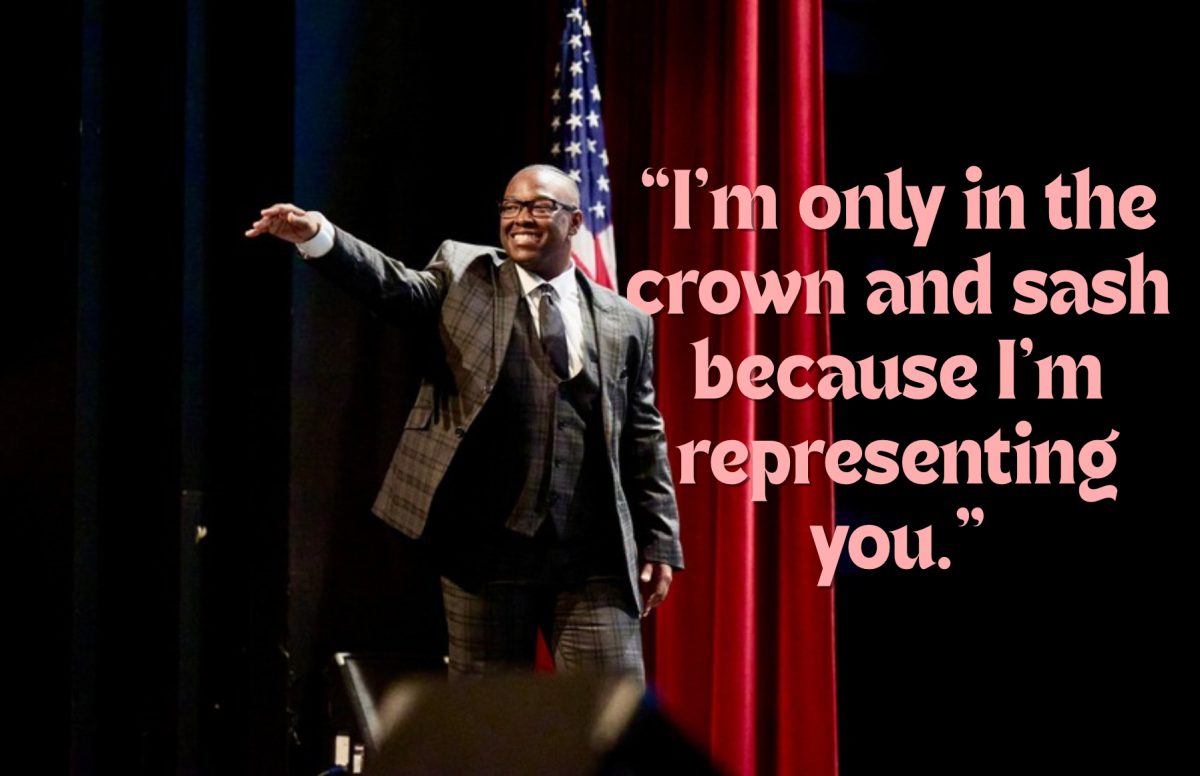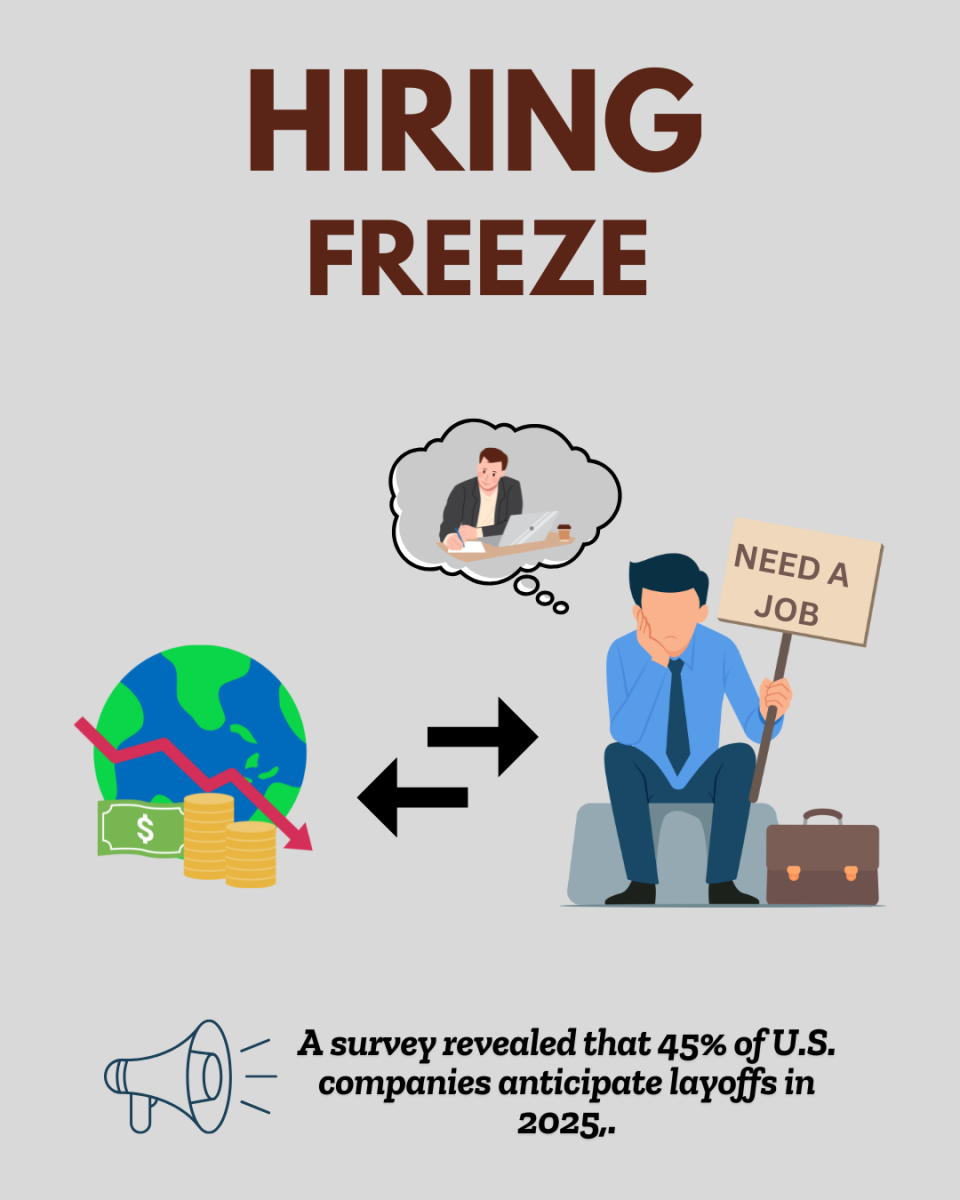ULM bookstore financially safe while parent company struggles
The parent company of the ULM Bookstore, Nebraska Book Company, has filed for bankruptcy.
Despite the parent company’s bankruptcy, the ULM Bookstore has not experienced any change in dayto-day operations, nor are they expected to, according to Mike Trevathan, director of the ULM office of Auxiliary Enterprise Administration, which oversees the finances of the bookstore.
“We were given assurances from [Nebraska Book’s] executive staff that we would not see any changes in store operations,” Trevathan said.
Nebraska Book filed for Chapter 11 bankruptcy in May. This type of bankruptcy allows for companies to restructure their debts so that they can better pay them off. In this case, Nebraska Book’s bankruptcy saved the company about $70 million. Nebraska Books expects to have their debts paid by the end of winter this year.
Trevathan said rumblings of potential problems within the company were noticed in Jan. 2010 when the bookstore staff dropped from 12 to six. Rumors of problems surfaced again this past Jan. In April, credit raters Standard and Poor’s downgraded Nebraska Book’s credit rating. By May, the company was bankrupt.
ULM store strong
Trevathan said that if anything, the Bookstore has been improved by the changes in the corporate office. Early projections put the Bookstore’s sales higher now than this time a year ago, but final numbers have yet to come in, Trevathan said.
“The changes I’ve seen are: they have more, newer inventory; a better store layout; more staff and adequate amounts of books aside from a few minor oversights,” said Trevathan.
The ULM Bookstore is one of 278 stores nationwide run by Nebraska Book, headquartered in Lincoln, Neb. The ULM store became a part of Nebraska Book in July 2009 when the company bought the contract from previous provider Campus Corner in Natchitoches.
The Bookstore has changed management since the bankruptcy, but Trevathan said the change was unrelated. The specific nature of the change was not disclosed.
A changing industry
Like many industries, traditional university bookstores are learning how to deal with changes the Internet has brought.
When once a student only had the option of the bookstore to buy books, now the Internet allows sites like Amazon and Barnes & Noble to sell to the student at, sometimes, lower prices.
Inventions like Kendle and iPad have made buying books online easier now than ever before.
Trevathan said publishers have started cutting out “middlemen” and marketing directly to the student. In the Internet sales idea, the bookstore would be a middleman between the student and the publisher. The idea is cutting that middleman would lower prices for students because there are less people that need to get paid.
Many ULM math students can see this model on display. David Hare, head of the Mathematics Dept. at ULM, teaches statistics here online software has all but eliminated the need for a textbook.
“You can view a textbook in two ways: one is to get homework problems and exercise, and the other is to actually read and learn the material,” Hare said. “Once we went to the software based program for homework assignments, it eliminated the need for the first.”
Hare said in the Math Dept. they found that eventually students stopped buying the book. Hare said he tells people that if you are someone who reads the textbook, you will benefit by having it. If you are not, then it will likely sit on the shelf and collect dust.
The software program Hawkes used in many math classes can be bought online or from the bookstore. The website is $15 cheaper.
“You didn’t have the opportunity to avoid the middleman when I was in school,” Hare said. “You wanted a book, you went to the bookstore, but the Internet has changed everything.”
Time or money?
Students buy books from different places for different reasons, but the ultimate choice usually depends on what the student values more: their time or their money.
Without middlemen, things are generally cheaper as a basic rule in money. Buying online eliminates people that need to be paid, so generally the books cost less.
But for a lot of people the price difference is not enough to deal with the hassle of buying elsewhere.
Many living on campus find that having the bookstore across the street from the dorms is very convenient. Looking at other stores is simply not worth the effort.
Waiting for your books can drive a person crazy, especially if assigned reading starts to mount while you wait for your book to be shipped. Is saving a few dollars worth potentially falling too far behind in class?
Only time will tell
Bookstores will be around in the future, but they may not look the same as they do now. Some students, like people on Federal aid or athletes, are required to use the bookstore unless they want to use their own money to buy them somewhere else.
“[Changes] have happened very, very fast,” said Hare. “Bookstores are going to slowly evolve because right now they’re doing things the way they’ve been done for decades. It takes a while to change.”
Trevathan agrees that bookstores will adapt to the changing business climate.
“I see in the near future bookstores evolving from those textbook factories to something more digital,” Trevathan said.
Only time will tell how the bookstore industry, both locally and in the rest of the nation, will adapt to the Internet as their newest competition.








J Michael • Aug 29, 2011 at 3:04 pm
I think for learing you will always need to print some of the educational materials. Bookstores on campus are great to have for education supplies as well as needed textbooks, class computer access codes, student discounted software, and university clothing. If the eletronic age is truly here, why do we still send letters and get people to sign paper documents. We are just not ready to be paperless maybe never.